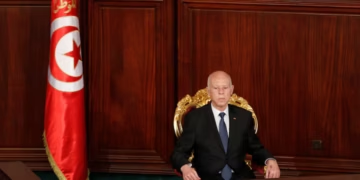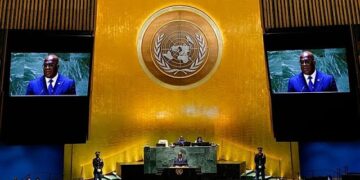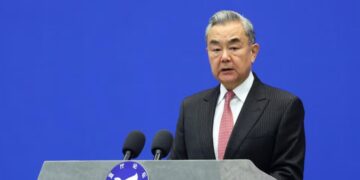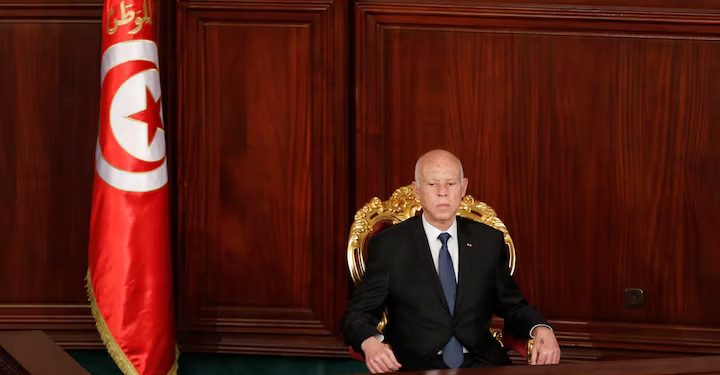By Enyichukwu Enemanna
A Tunisian 51-year-old man sentenced to death by a court in the North African country over Facebook posts critical of President Kais Saied has regained freedom, his lawyer said Tuesday.
Saber Ben Chouchane was sentenced over charges including “spreading false news”, AFP quoted his lawyer Oussama Bouthelja as saying.
The verdict sets “a serious precedent”, a Paris-based Tunisian human rights group CRLDHT had said in response to the sentencing. It said that Tunisia had “reached unprecedented levels of human rights violations”.
According to his lawyer, in the early hours of Tuesday, Chouchane’s “family contacted me and said that he had returned and was at home”.
He said he did not have the details of what had helped free his client, detained since January 2024 and was waiting to hear more from the courts.
“The last action that I carried out as a lawyer was to file an appeal on Friday,” he said.
The verdict was delivered on Wednesday by a court in Nabeul, east of Tunis, the lawyer said.
The court found Chouchane guilty of “insulting the president, the minister of justice, and the judiciary”. Also, some of his posts were also deemed to be incitement.
His lawyer Bouthelja said he was “shocked, stunned, astonished” by the verdict, adding: “I didn’t believe it at first.”
According to Tunisian law, “an attack intended to change the state structure or incite residents to attack each other with weapons, causing chaos, murder and robbery on Tunisian soil” is punishable by death.
Tunisian courts continue to issue death sentences, though the country has not carried out executions since 1991.
Chouchane’s sentence was received with widespread criticism and ridicule on social media among activists and ordinary Tunisians.
Many described the ruling as a deliberate attempt to instil fear among Saied’s critics, warning that such harsh measures could further stifle free expression and deepen political tensions.
Since Saied dissolved the elected parliament and started ruling by decree in 2021, Tunisia has faced growing criticism by rights groups over the erosion of judicial independence. The opposition described Saied’s power grab as a coup.


































